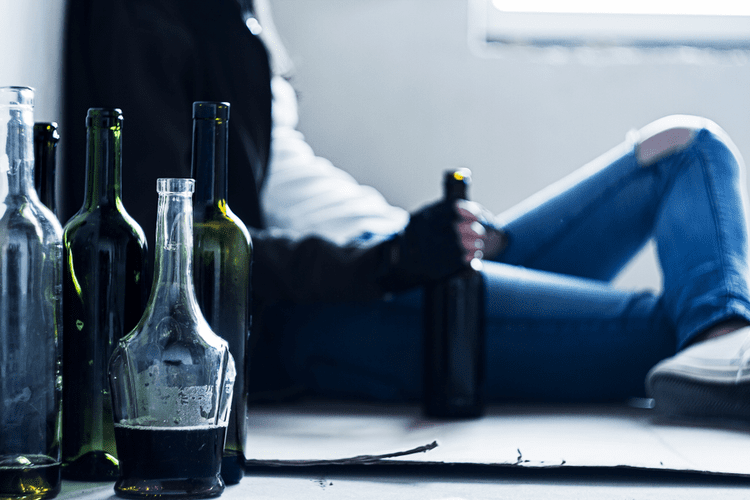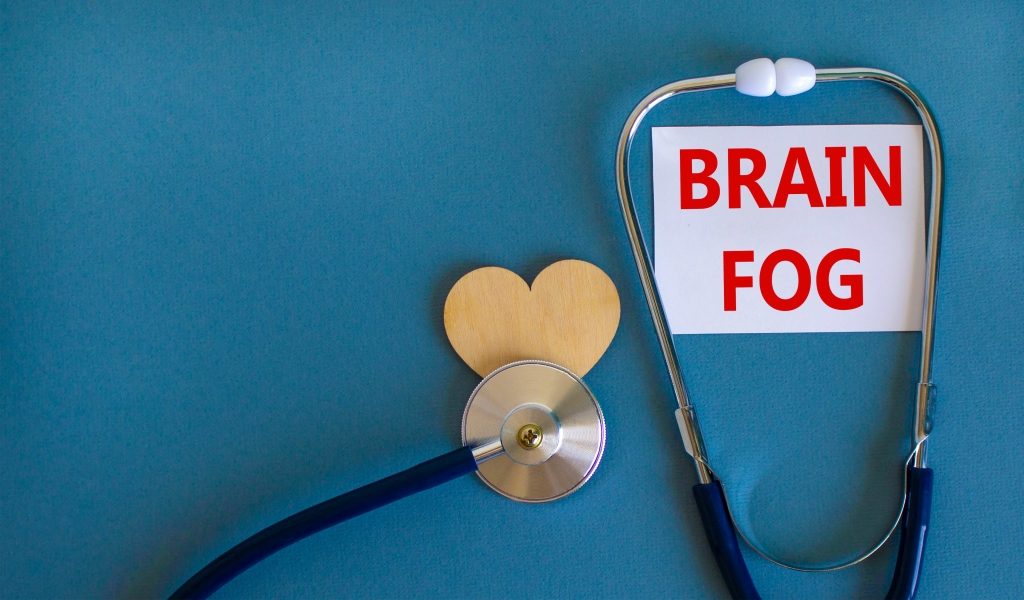The good news is that this type of hair loss is often reversible, and hair growth typically resumes once the underlying cause, such as alcoholism, is addressed. Managing stress is crucial for overall well-being and can have a positive impact on hair health. It’s essential to identify the risk factors linked to hair loss and alcoholism to take appropriate preventive measures. If your family has a history of hereditary hair loss or a receding hairline, paying attention to your habits and lifestyle can help mitigate the issue. Moderating alcohol use and addressing any underlying health concerns is crucial for maintaining both physical and emotional well-being. Remember that addressing the root cause of hair loss and effectively managing your alcohol consumption is critical for maintaining and improving your hair health over time.

How Can Alcohol Affect Hair Health?
- Additionally, alcohol is a known depressant and can exacerbate feelings of anxiety and depression.
- Excessive alcohol consumption can have detrimental effects on hair health, potentially leading to hair loss.
Alcoholism takes a toll on the digestive system, disrupting its normal functioning. The lining of the stomach and intestines can become inflamed, potentially leading to conditions like gastritis or even ulcers. These disruptions not only cause discomfort but can also impact nutrient absorption, further exacerbating the potential for hair thinning. “Does drinking http://peacekeeper.ru/en/news/32630 alcohol cause hair loss” is a question that can lead you down a rabbit hole of online searches as you attempt to probe whether alcohol and alopecia (hair loss) are related. Excessive alcohol consumption can interfere with hormonal balance in several ways. Firstly, alcohol can negatively affect the liver, which is responsible for metabolizing hormones.
Cancer: Managing Symptoms Discussions
- However, the CDC does not recommend that individuals who do not drink alcohol start drinking for any reason.
- Doctors may perform blood tests to check for nutrient deficiencies, hormone imbalances, or liver function issues.
- Of course, the obvious best solution is to drink in moderation, but there are a few other things that can help in conjunction with this.
- Instead, alcohol can cause or exacerbate other health issues that may result in hair loss.
People who complete inpatient or residential care should seamlessly transition to outpatient care with a strong aftercare plan. Although some people may consider alcohol a drug, from the government’s perspective, alcohol is not a drug; rather, it is a psychoactive substance. It is a depressant that slows down the function of the central nervous system. Despite not being a drug, it is often referred to as just as dangerous as drugs because it is so commonly abused, and its dangers are often overlooked.
- Prolonged alcohol intake can lead to malabsorption or deficiency of essential nutrients, which are vital for maintaining healthy hair.
- However, other factors such as genetics and hormonal imbalances may also contribute to hair loss.
- Low EtG readings in test results can show whether a person has been drinking recreationally or socially.
Is Alcohol Abuse Hereditary?
It’s important to note that seeking professional help and addressing any underlying health issues is crucial for managing hair loss effectively. In the following sections, we will explore the impact of alcohol on hair health in https://getbestdrone.com/44-cool-devices-our-choose-of-the-best-new-tech-for-2023/ more detail and discuss ways to maintain healthy hair while consuming alcohol. If you or someone you know is struggling with excessive alcohol consumption and experiencing hair loss, seeking professional help is essential.

Impaired nutrient absorption can lead to deficiencies that can negatively impact the health of the hair follicles, resulting in hair loss. In addition to the direct effects on hair health, excessive alcohol consumption can also contribute to hormonal imbalances. Alcohol can disrupt the normal functioning of the http://www.thecoalminetour.com/WatchHistory/watches-for-the-first-time endocrine system, which regulates hormone production and balance in the body. Hormonal imbalances, such as elevated levels of estrogen or decreased levels of testosterone, can contribute to hair loss. Telogen effluvium is a type of temporary hair loss that occurs due to disruptions in the hair growth cycle.
Drinking in moderation
Once you start consuming their water, you’ll face issues such as bloating, gas, and constipation less frequently. When starting a GLP-1 or as the dose increases, Schmidt suggested eating soft, blended, or liquid meals to help tolerate symptoms. Consider overnight oats, smoothies, Greek yogurt, soft fruit, and protein shakes, which can provide protein, vitamins, minerals, fiber, and/or hydration.
- Liver damage may not cause symptoms in its early stages, but the symptoms become severe over time.
- The ingredients in certain types of alcohol can reduce folic acid, which is used for hair growth.
- While excessive alcohol consumption can have negative impacts on hair growth, balancing alcohol consumption and adopting a healthy lifestyle are key factors in promoting hair growth.
- Consider quitting drinking or giving yourself a drink limit when you go out.
- Let’s explore how alcohol consumption can impact the health of your hair.
- Every article on Health Guide goes through rigorous fact-checking by our team of medical reviewers.

